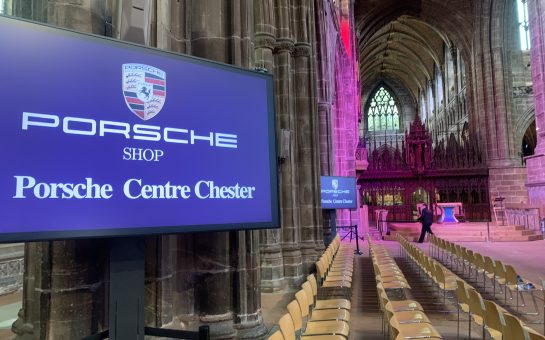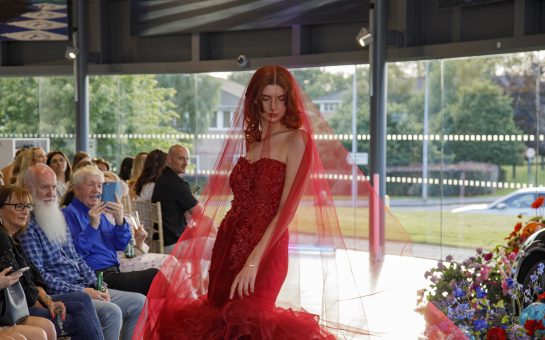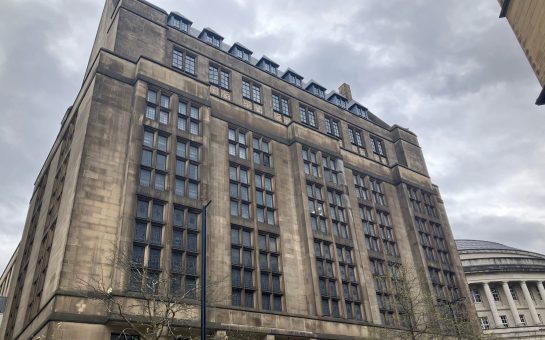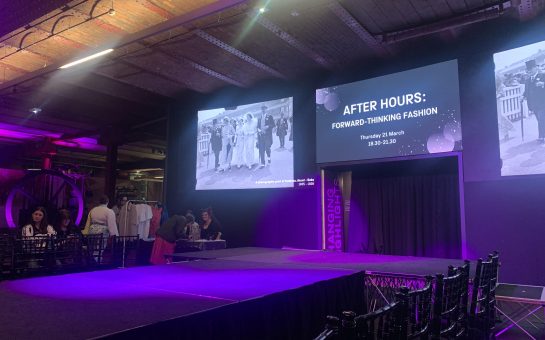Back in March when the whole world grinded to a halt, the $2.5 trillion global fashion industry followed suit.
In the months since, fashion companies have had to adapt to the ‘new normal’ by trading online and some have even developed antivirus protection in their clothing.
According to a joint report by The Business of Fashion and McKinsey & Company, brands who are successful in the longhaul will be those who focus on the consumer mindset and respond innovatively to emerging trends.
BoF research notes: “Chinese brand Cosmo Lady developed an antibacterial intimate wear line which capitalises on a niche product concept that now appeals to mainstream concerns for health and safety – a move that boosted its stock price by 21 per cent.”
Now that PPE is not just used by essential workers, ‘Antiviral… but make it fashion’ is the next big craze.
The area certainly seems a clever investment, and has been taken onboard by Boohoo Group, whose main headquarters are based in Manchester.
Earlier this month, Boohoo owned online fashion retailer PrettyLittleThing launched a £14 face mask dress, which was further popularised by paparazzi snaps of influencer model Lottie Moss. Face masks are the ultimate accessory of 2020, and with Halloween fast approaching, many brands have already capitalised on the occasion and released ‘spooky options’.
Antiviral fabrics are up and coming wardrobe additions, with many suppliers in the race to provide the best quality textiles.
A frontrunner is Albini Group, which has developed new ViroFormula fabrics infused with chemicals that are likely to destroy coronavirus soon after contact.
As is the nature of both fashion and Covid19, trends will continue to evolve.
What matters is that experts react quickly and responsibly.
There has never been such a fine line between in vogue appearances and health practicalities. But above all else, it’s important to remember to shop with a critical eye.



